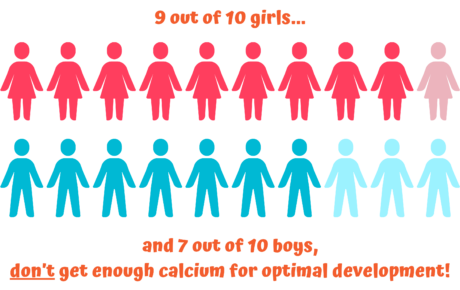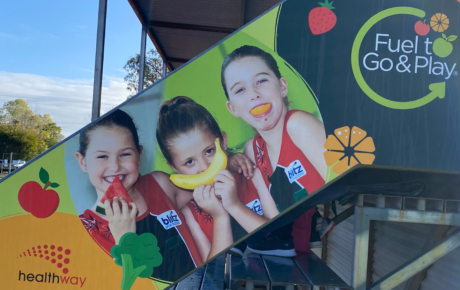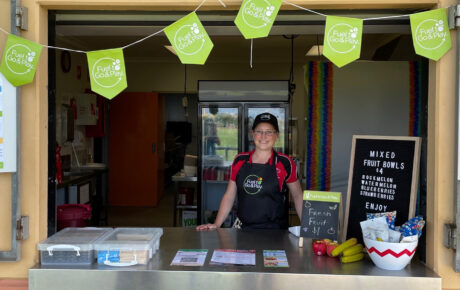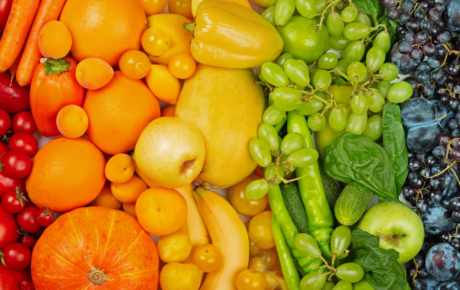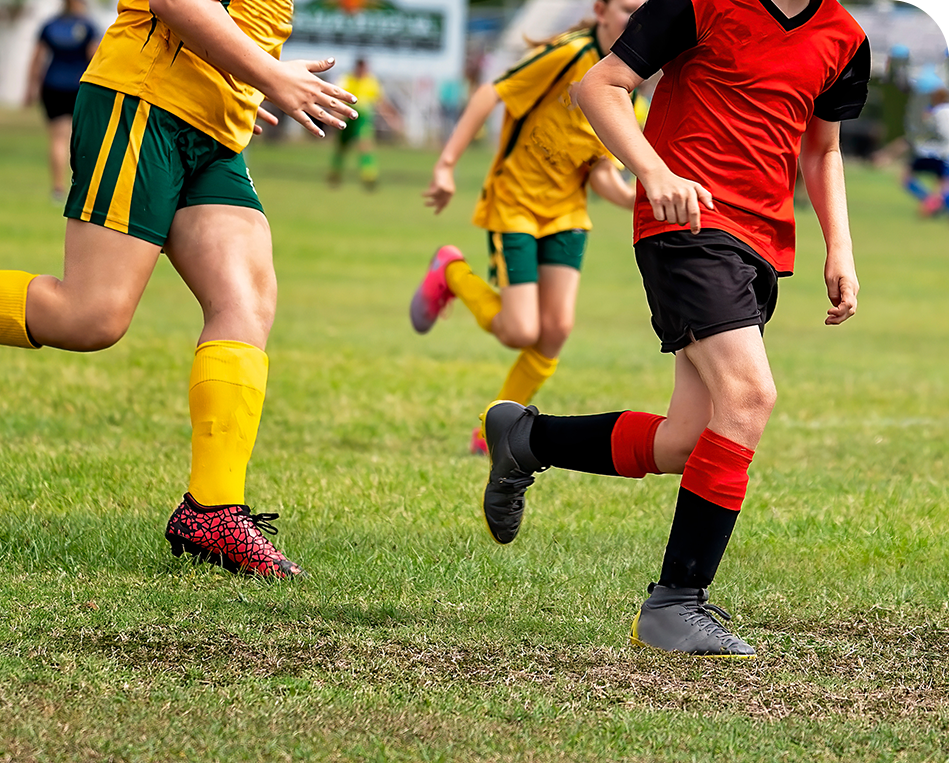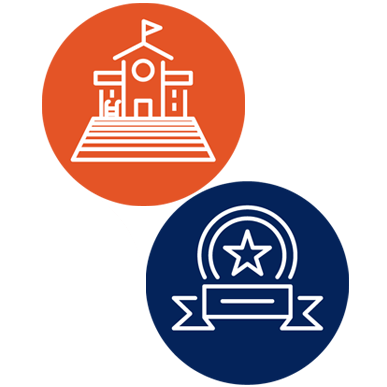
Strong Bones for Young Athletes: The Calcium Connection
Most Australian’s have heard of the idea that drinking milk leads to strong bones, but why is this the case?
What is calcium?
Calcium is a mineral which is found in a variety of food and drinks, with the best source being dairy products like milk, yoghurt, and cheese. This important nutrient is stored in the bones and teeth, giving them strength and structure; and plays a crucial role in their healthy development and maintenance. Calcium also helps muscles contract properly and makes sure the heart is working perfectly.
Great sources of calcium include:
- Milk and milk alternatives (soy milk, almond milk, oat milk),
- Make sure alternative milks list “calcium” as an ingredient and aim for products which have >100mg of calcium/100mL.
- Yoghurt,
- Cheese,
- Hard cheese like cheddar packs a serious calcium punch!
- Some fruits and vegies have a bit of calcium too, like:
- oranges, figs, currants, mixed berries, broccoli, leafy greens
- Almonds and hazelnuts also contain some calcium.
Top tip: Try out our Berry yoghurt cup recipe to combine high-calcium yoghurt, nuts and berries for a perfect easy brekky or morning snack!
Why is it important?
Calcium has many functions in the body, but arguably its most important is to act as the backbone (no pun intended) for all of the bones in our bodies. Calcium gives bones their strength and is needed when they are remodelling (which is happening all the time!) and growing. So, growing bodies need plenty of calcium to support the development of bigger, stronger bones.
It makes sense then that getting enough calcium is extra important for active juniors who want to perform at their best. Combining plenty of calcium in the diet with regular physical activity also has the added benefit of making bones even stronger – which could reduce the risk of injuries!
For adults and older adults, calcium can help to prevent bone fractures that impact our ability to enjoy doing the things we love. Older bodies are not as effective at absorbing all of the calcium we eat, so more is needed in the diet after the age of 50.
Most teenagers are not consuming enough calcium.
Unfortunately, lots of Aussie adolescents struggle to meet the recommended amount of calcium:
So…how can active juniors get enough calcium to support their growing bodies and reduce the risk of injury in sport?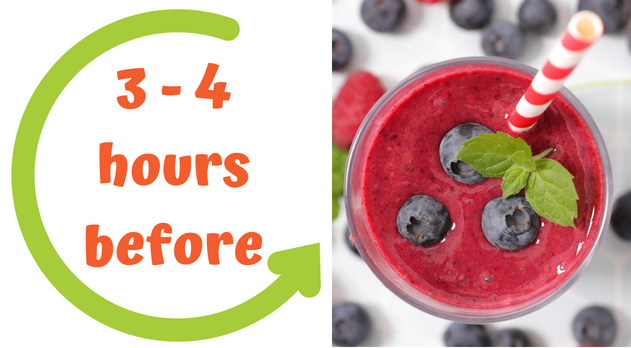
Here are some of our strategies:
- Smoothies (made with milk, or milk alternatives that are calcium fortified) are a great fuelling option 3-4 hours before game time (like our choc nut smoothie)
- Try our cheese torpedos to top up the tank with carbohydrates and calcium prior to the event
- Add a glass of milk, chocolate milk or smoothie to your post-event recovery regime
- Yoghurt and fruit for a small pre-game snack
- Muesli with yoghurt and fruit as a filling breakfast, try our Berry yoghurt cup recipe
- Add a slice of cheese to a recovery sandwich or wrap.
Calcium goes hand-in-hand with sport, with evidence showing that consuming plenty of calcium and participating in regular physical activity leads to healthy, strong bones! So, when you are fuelling up to go and play, remember to add some calcium to your day!

